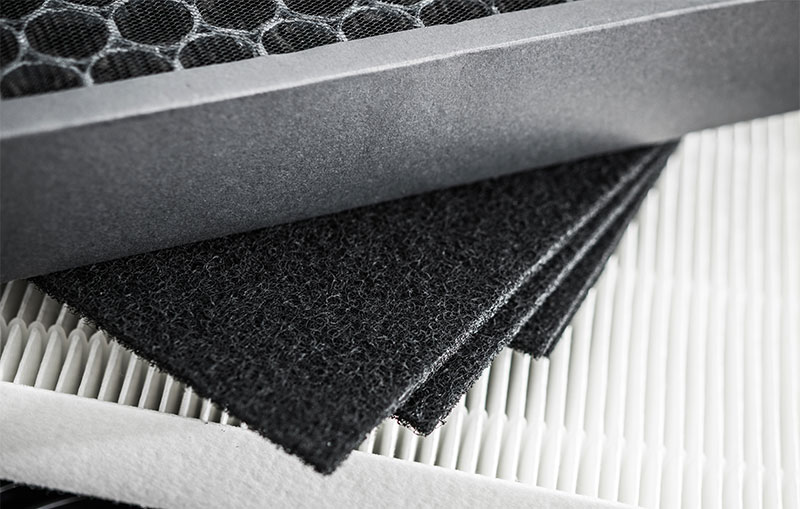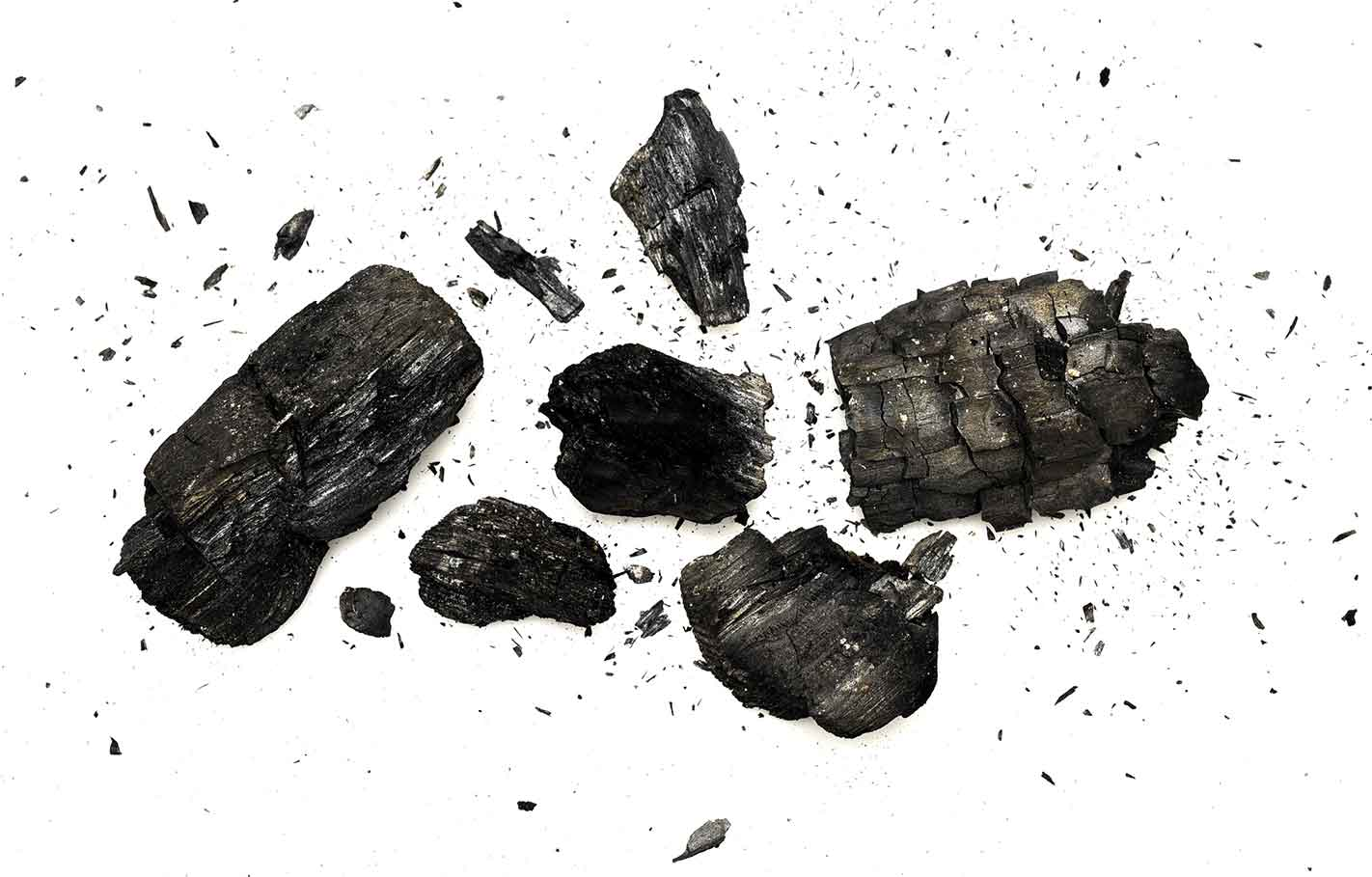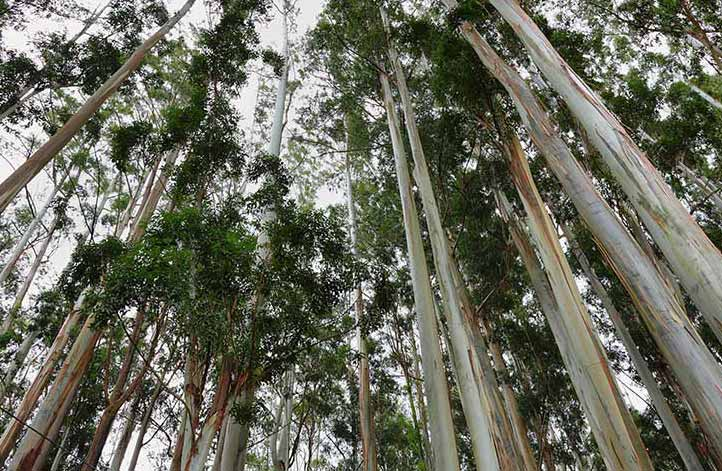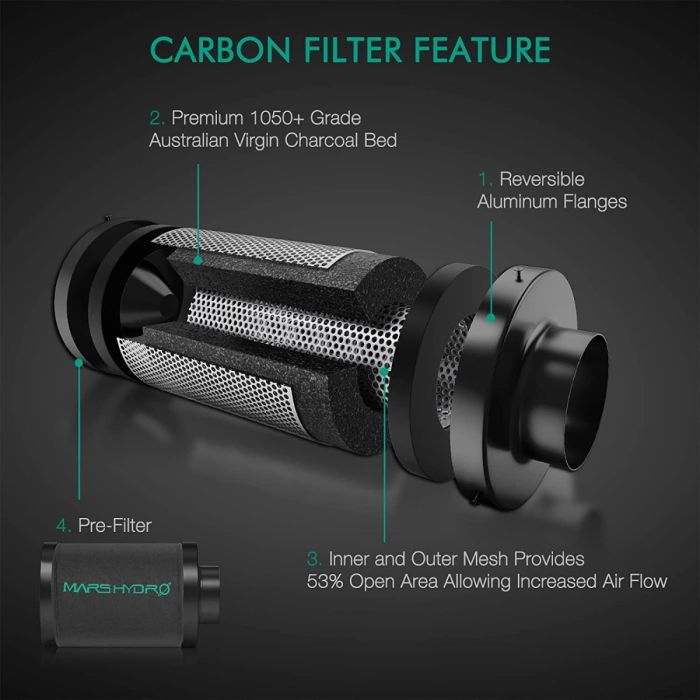
Have you ever noticed a strong, earthy smell during the growth phase of your plants? This pungent scent becomes more potent when the buds bloom, releasing an increasing intensity of odor. This distinct scent is due to trichomes, the small crystal-like structures on flower surfaces. These trichomes produce a resin, offering protection from insects and temperature fluctuations. As plants produce this resin, the smell intensifies and can linger long after harvest. For those seeking a solution to this strong, lingering smell, enter the world of charcoal filters.
A Primer on Charcoal Filters

Charcoal, a black porous form of carbon, has been utilized for various purposes for thousands of years. From ancient medicinal uses to modern industrial applications, its unique properties have been highly valued. One of its most effective uses in the modern world is in filtration, particularly in the form of charcoal carbon filter.
At their core, charcoal filters contain activated charcoal, a specially treated form of carbon, to purify substances by capturing impurities. The “activation” process involves treating charcoal with oxygen, which opens up millions of tiny pores between the carbon atoms, increasing its surface area and making it highly adsorbent.
The primary function of a charcoal filter is to adsorb pollutants and impurities, leaving behind air that's pure and fresh. Imagine taking a deep breath of air after a rain shower; that's what the charcoal filter aims to emulate indoors.
Charcoal Filter: The Science & Benefits

Now, how does a piece of burnt wood become a guardian for your lungs? Magic? Not quite. It's pure science. When air passes through the filter, activated charcoal's porous structure traps pollutants, leaving you with air that's fresh and free from impurities. On top of that, these filters are not just limited to improving air quality. Activated charcoal isn't your regular barbeque charcoal. So, what makes it special? Activated charcoal is specially treated, usually with heat, to open up millions of tiny pores between the carbon atoms. This increased surface area makes it highly absorbent, effectively capturing pollutants from the air. Think of it as a sponge, but for unwanted airborne particles.
Why Australian Charcoal is the Gold Standard for Air Filtration
Revered by many as the gold standard for air filtration, Australian charcoal brings a combination of unique properties that set it apart.
1. Exceptional Purity:
Australia's strict environmental regulations and standards mean that the hardwoods used for charcoal production are often sourced from areas free of industrial pollutants. This results in a purer base material, which, when turned into charcoal, exhibits superior adsorptive qualities.
2. High Density and Porosity:

Derived from native hardwoods like eucalyptus and acacia, Australian charcoal has a naturally high density and porosity. This makes it exceptionally effective at trapping a wide range of contaminants, from volatile organic compounds (VOCs) to unpleasant odors.
3. Extended Lifespan:
Thanks to its density, Australian charcoal tends to have a longer lifespan in filtration systems compared to other charcoals. This means filters using Australian charcoal require less frequent replacement, making them cost-effective in the long run.
4. Sustainable Production:
Australia's commitment to environmental conservation ensures that many charcoal producers adhere to sustainable harvesting practices. This not only protects the environment but also ensures a consistent quality of the charcoal produced.
5. Broad-Spectrum Filtration:
Australian charcoal's adsorptive properties are not limited to just a few pollutants. It can effectively filter out a broad range of contaminants, from common allergens like pollen and pet dander to more harmful pollutants like benzene and formaldehyde.
6. Natural and Chemical-Free:
Given the strict regulations in Australia, the production of charcoal prioritizes natural processes, avoiding the use of harmful chemicals. This results in a product that doesn't release unwanted substances back into the air, ensuring that the filtered air remains clean and safe.
7. Reputation and Recognition:
Over the years, Australian charcoal has built a reputation in international markets for its consistent quality. This global recognition further attests to its standing as a top-tier choice for air filtration.
While many regions produce quality charcoal, Australian charcoal stands out due to its unique combination of purity, effectiveness, and sustainability. For those seeking the very best in air filtration, Australian charcoal remains a benchmark — a gold standard that promises cleaner, healthier air for all.
Conclusion

Indoor gardening, although fulfilling, can pose challenges, especially during the bloom phase when plants emit strong odors. This is where the unmatched capabilities of charcoal carbon filters, particularly those made with Australian charcoal, come into play. These filters serve as a gardener's best friend, ensuring that the indoor atmosphere remains fresh and pleasant, regardless of the smelly intensities some plants may produce. Leveraging the unparalleled purity, performance, and sustainability of Australian charcoal, these filters effectively neutralize even the most potent plant odors.
With Australian charcoal filters in play, you can ensure a harmonious balance: allowing plants to thrive vibrantly while you breathe purely in a smell-managed home.
FAQs:
-
Can I clean and reuse my charcoal filter?
No, once a charcoal filter is saturated with pollutants, it's best to replace it. Cleaning won't restore its full functionality.
-
Is Australian charcoal safe?
Absolutely! Australian charcoal is a natural, non-toxic substance used in various applications, including air purification and even digestion issues.
-
How does Australian charcoal differ from regular charcoal?
Australian charcoal is derived from specific native hardwoods and adheres to strict environmental regulations, ensuring higher purity and adsorptive qualities compared to regular charcoal, which may vary in source and processing standards.







